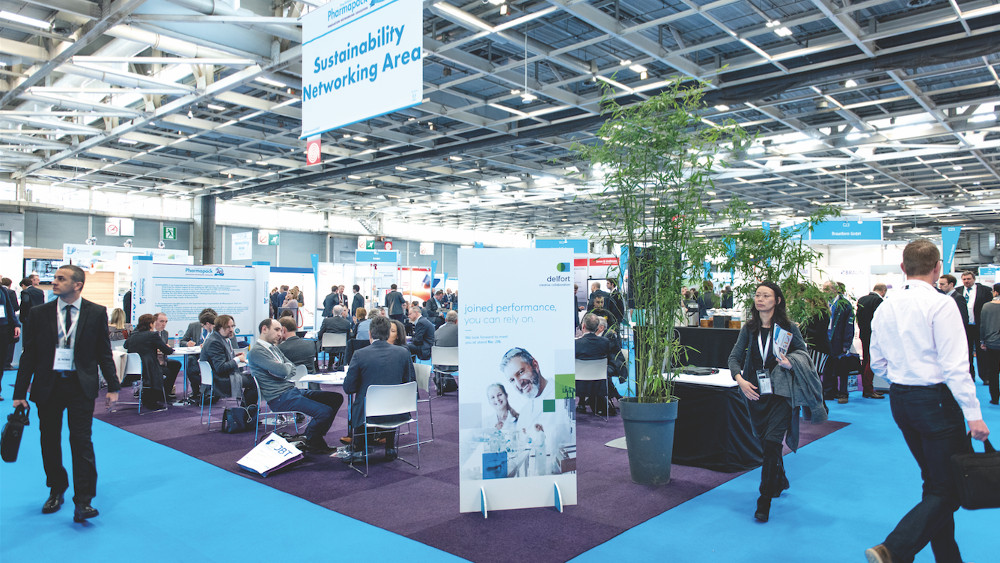
Pharma packaging sector faces sea change
Pharmapack 2018 Focus:?The dawning age of digital healthcare is expected to transform the pharma packaging and drug delivery sector. At the 21st edition of Pharmapack Europe (7-8 February, 2018, Paris), an expected 5000+ professionals and 400+ exhibiting companies - the industry's largest meeting ever - will discuss the latest innovations in serialisation, connected devices, and digitalised meds.
Serialisation will be just one of the hot topics discussed at Pharmapack Europe at the Paris Expo. Preparing for the 9 February 2019 EU deadline to onboard serialisation data into the European Hub is currently the main focus for companies such as Recipharm, which provides contract manufacturing and development organisations (CDMOs) with full range solutions preventing drug counterfeit. Fifteen of our 200 customers have their data onboard, Staffan Widengren, Director of Corporate Projects at Recipharm, told European Biotechnology. Because serialisation requires a lot of investment, Widengren expects it to drive consolidation in the market. About 50% of the 600 CDMOs in Europe are not prepared to meet the 9th February deadline, and not all CDMOs will be able to onboard. To remain competitive, it’s crucial that CDMOs offer serialisation. We need six months for connecting companies to the hub, says Jean-Marie Aulnette, VP EMEA Sales at Recipharm’s partner company, Tracelink, which offers cloud-based services for onboarding. Giving pharmacies digital access to drug developers’ packaging documentation, however, is only one of the advantages offered by digitalisation.
Connecting drug delivery devices such as autoinjectors to sensors measuring disease parameters will completely transform the current way of administering, assessing, and reimbursing medicines. Therapies in which strict regimen adherence is critical to long-term health, and where the treatment is complex, uncomfortable, or invasive may benefit in particular. Better compliance, data-based therapy adjustment, and outcome-based reimbursement are only few impacts digitilisation will bring to medicine. I am absolutely convinced that failure to enter this field will make you irrelevant, says Paul E. Jansen, Member of the Board at Haselmeier AG .
In mid-November, the US FDA demonstrated where the development is going: The agency approved Abilify (Otsuka Pharmaceutical Co. Ltd.), the very first schizophrenia pill embedded with a digital sensor that (theoretically) sends out a signal when it comes into contact with gastric acid to a patch, which then passes the information to a smartphone app. The FDA said that digitally monitored therapy could be particularly useful to treat certain mental diseases. The technology, however, is still in an early stage: Sometimes the signal doesn’t come through; sometimes it takes 60 mins; sometimes 120 min.
(First published in European Biotechnology, Winter Edition 2017)


 Getty Images for Unsplash+
Getty Images for Unsplash+ Immunic/Nela Dorner
Immunic/Nela Dorner